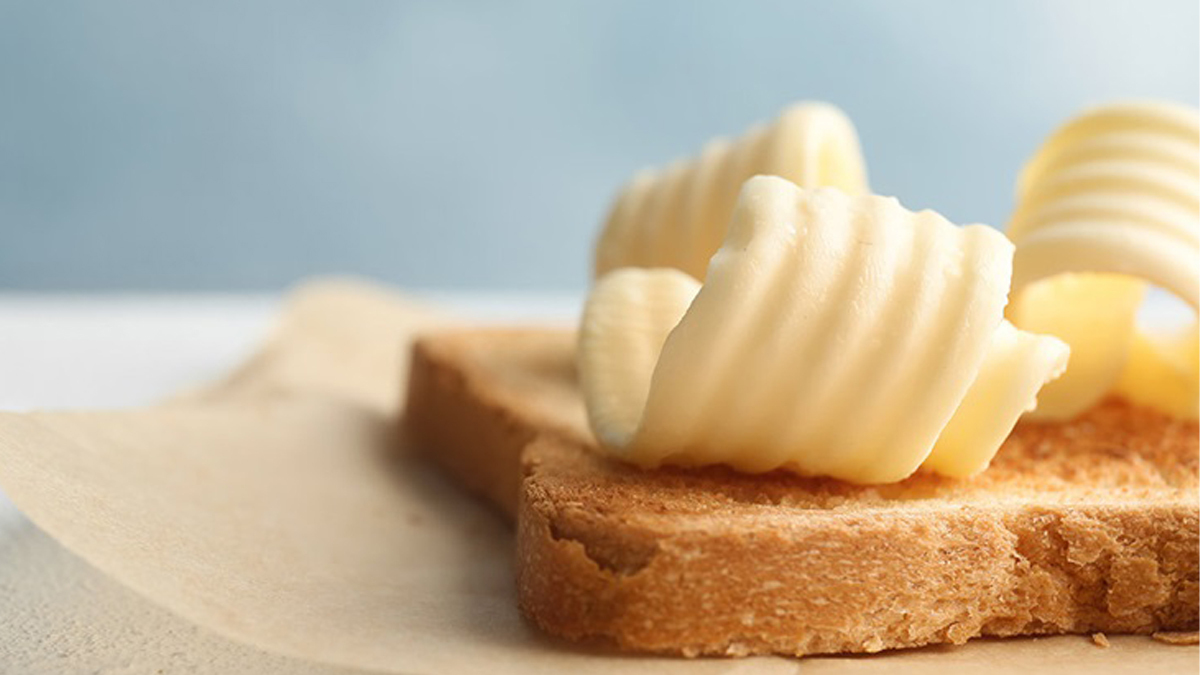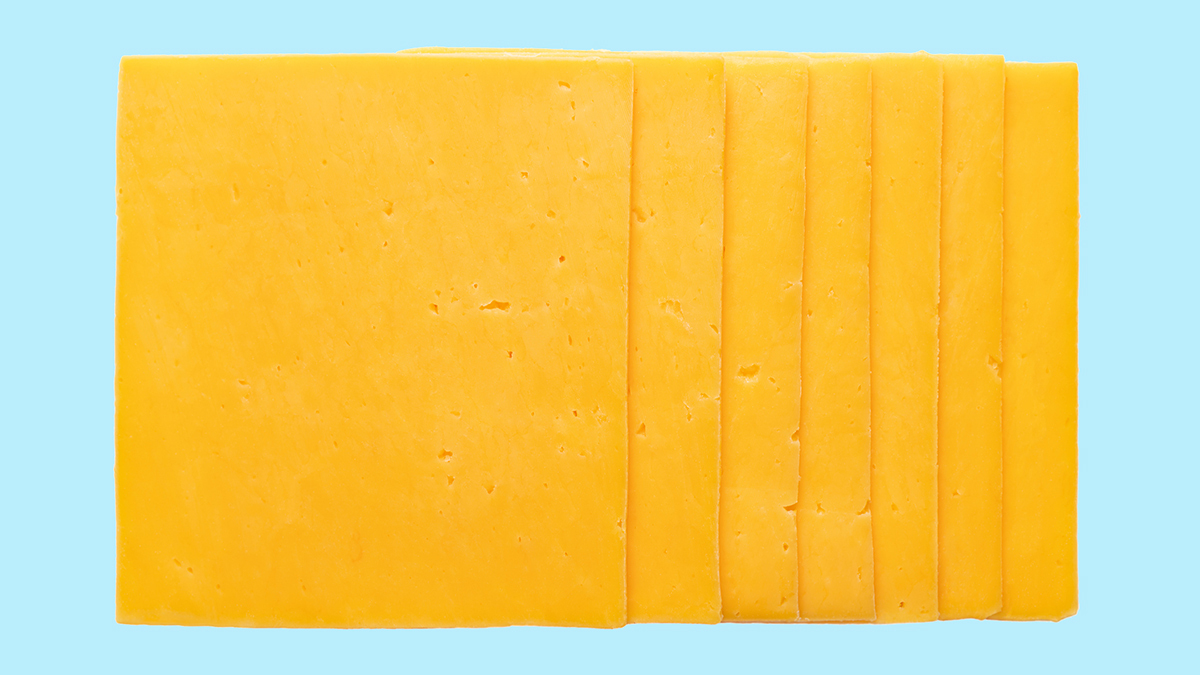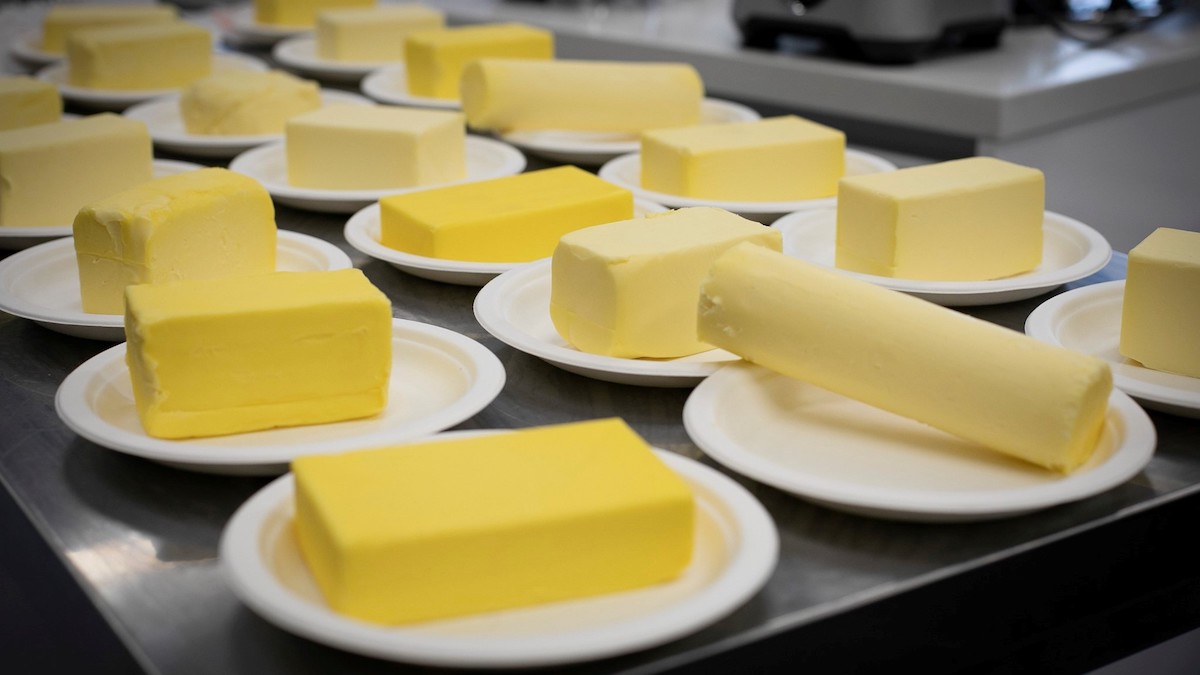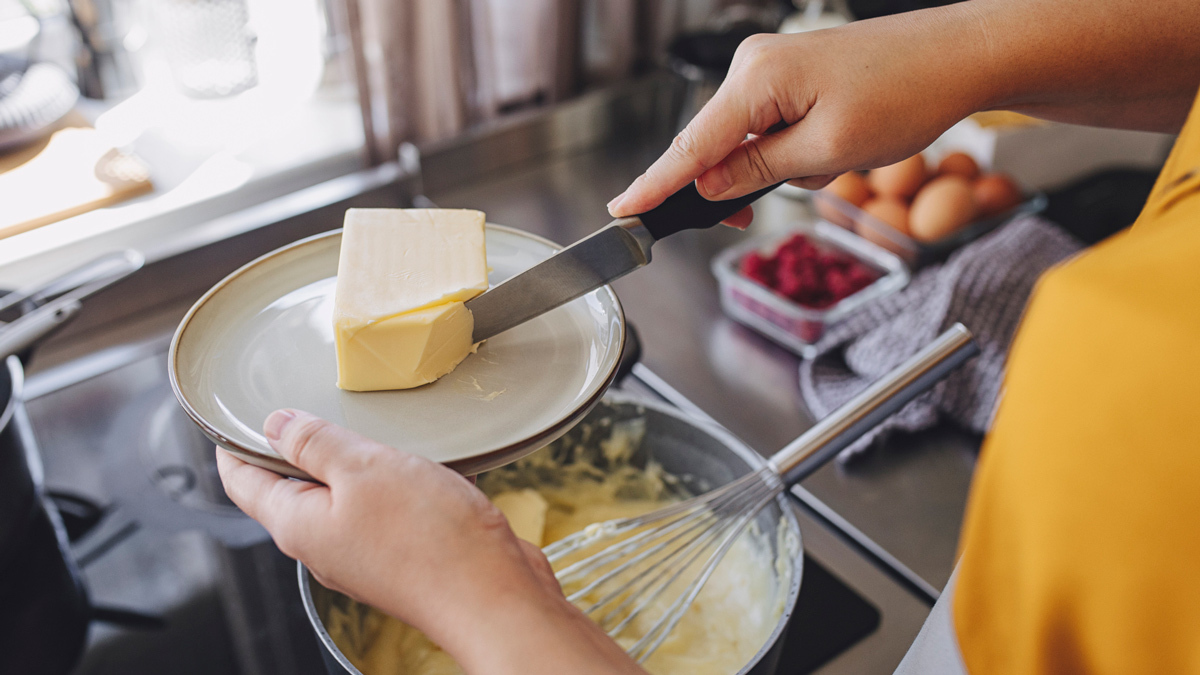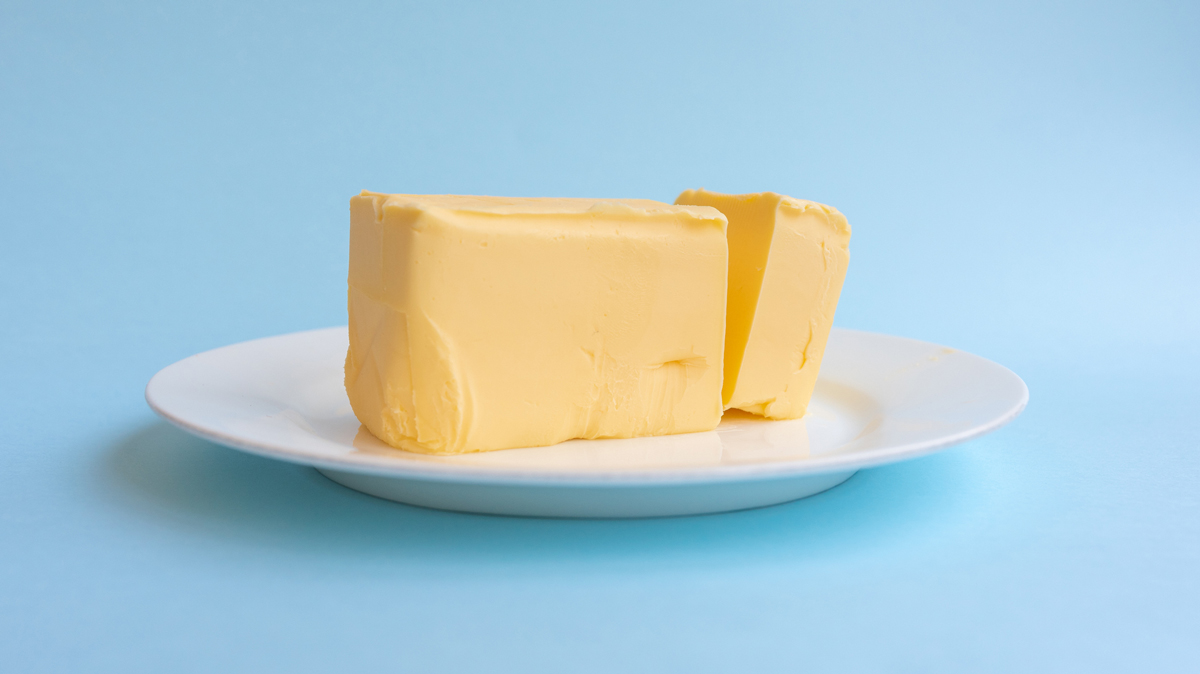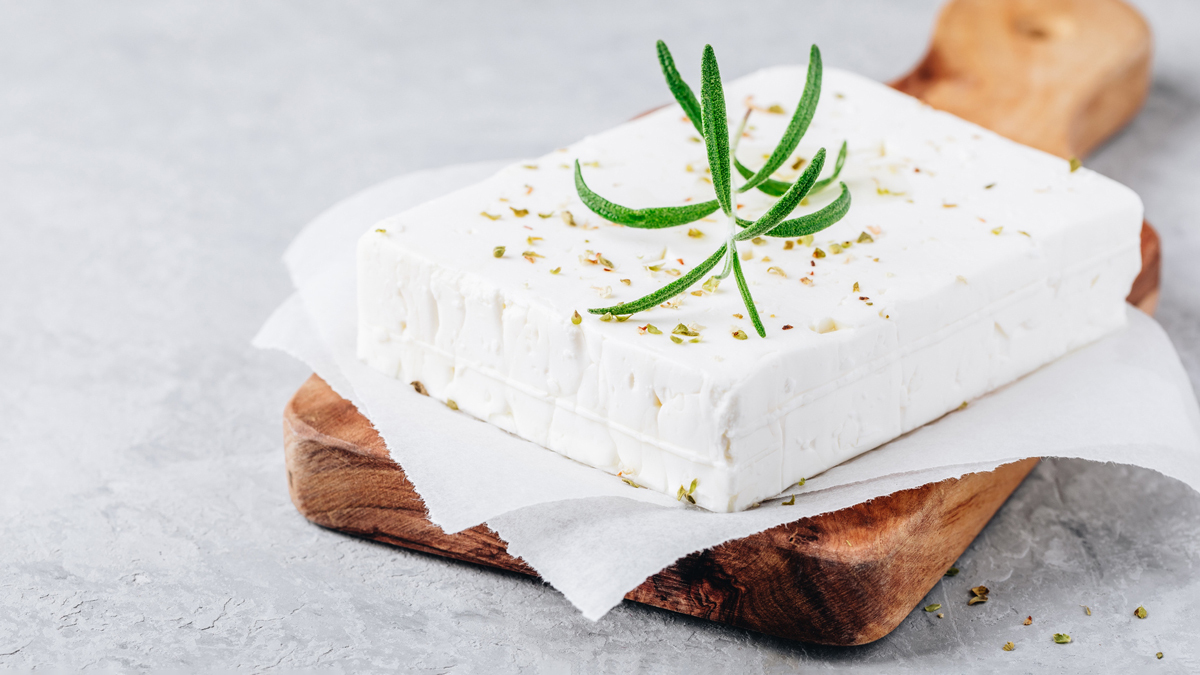Get our independent lab tests, expert reviews and honest advice.
Should you cook with butter or oil?

Adding a type of cooking fat – whether it’s a butter, oil or any alternative – is often a vital part of the cooking process. The fat is what make spuds crispy and pancakes flippable, stops pasta from sticking, and creates the magic when sautéing the onion and garlic for your spaghetti bolognaise.
But how do you know which type of cooking fat is the best to use and why?
Considering taste, cost and health considerations, CHOCIE home economist Fiona Mair and nutrition expert Shadia Djakovic break down the pros and cons of cooking with butter versus different types of oils.
Beautiful butter
Butter is an ingredient that needs little introduction. It’s probably spread daily on your sandwiches and toast, used to make your sauces, scrambled eggs and baked goods and added to many of your meats and fishes. We love it so much, we have a whole article on the mouth-watering potential of this spread.
So why is it so damn good?
“Butter adds flavour and creaminess to foods, richness to sauces and can help balance strong acidic foods like tomato sauces and lemon-heavy hollandaise,” says Fiona.
Butter can also be vital in baking, acting as a carrier for creaming sugar and adding pockets of air to give baked goods a lighter, fluffier crumb. When it comes to pastries, butter is a must to help you develop that flaky texture.
“Butter is also essential for making a roux for white sauce or adding richness to a jus, or any sauce that requires thickening without using starch,” says Fiona.
Lasting for up to eight weeks in the fridge, this versatile cooking fat won’t go to waste. It’s also one ingredient you don’t always have to splurge on. In our recent butter taste test, one of the top-scoring salted butters is actually a supermarket own-brand product: Coles Australian Butter Salted.
Scoring 74%, it tied for third place with Ballantyne Traditional Salted Butter, which costs more than twice as much.
The downsides of butter
It may be heavenly in your pastries but, and we’re sure it’s no surprise, butter doesn’t have the best rap sheet when it comes to health. CHOICE food and nutrition expert Shadia Djakovic says, “Butter is high in saturated fat, which, when consumed regularly, can increase the risk of developing high cholesterol, and high cholesterol is a risk factor for heart disease.”
“Replacing butter with monounsaturated oils, such as olive oil, can reduce bad cholesterol in the body and is associated with better heart health outcomes,” she says.
Butter can’t withstand higher temperatures the way oil can, due to the milk solids in the spread
Butter isn’t always the best choice for the style of cooking, either. As the saying goes, if you can’t take the heat, then get out of the kitchen, and this applies to butter too. Butter can’t withstand higher temperatures the way oil can, due to the milk solids in the spread.
If you still want a buttery taste but need to cook something on a high heat, Fiona recommends using oil to fry on a high temperature and adding butter later, at a lower temperature.
The pros of using oil in your cooking
Oils are international agents, shining in Spanish, Italian, Greek, Mediterranean, Middle Eastern and South-East Asian cuisines.
“In pizza doughs, focaccias and flat breads, oil allows the dough to stretch and become flexible. It also helps the dough to increase in volume while proving,” says Fiona.
Oil is a multitasker, great for deep frying and getting foods such as donuts, fish and chips and fritters nice and crispy, while also aiding emulsification of things like homemade hummus, mayonnaise, pesto and salad dressings.
In the baking department, oil can give cakes a moist crumb and “may even allow cakes to stay moist and tender for longer than those made with butter,” says Fiona.
To help you find the perfect oil for what you’re cooking, check out our cooking oil guide.
Health benefits of oils
Oils, and in particular olive and canola oil, can be beneficial for your overall health, including heart and cognitive health, when used in moderation.
When it comes to health, olive and canola oil are shown to have the best health outcomes
Shadia says, “Canola oil is rivalling olive oil in the health space with some research suggesting it can lower bad cholesterol more than olive oil.”
If you want to learn more about the potential health benefits of other types of oils, read our articles on coconut and avocado oil.
The downsides of cooking with oil
While there are no hard and fast rules in the creative art of cooking, there are some dishes that butter is essential for, adding richness and creaminess to recipes such as white sauces.
Although there are some outliers (hey Aldi Olive Oil, we’re looking at you!), the olive oils that performed best in our recent olive oil review tend to be the more expensive products. Which means if you choose low-quality olive oil you might be disappointed in its taste. It’s also important to store olive oil correctly to ensure it doesn’t deteriorate in quality and flavour. Find out more with our top 5 tips for choosing and storing olive oil.
CHOICE verdict: Butter or oil?
When it comes to what will taste better in your cooking, consider the food you’re cooking or baking and choose based on which one will deliver optimal flavour in your dish.
Also remember that butter will smoke on a high temperature, so if you’re cranking up your cooktop, avoid the chaos of a false fire alarm and use oil, adding the butter later if you wish.
When it comes to health, olive and canola oil are shown to have the best health outcomes. But if you’re a firm believer in everything being better with butter, consider a butter that contains less saturated fat.
When it comes to price, there isn’t a huge difference between the two when you compare the prices of the products that our CHOICE experts have rated as the best, but the ongoing costs for each product will obviously depend on how frequently you use the butter or oil and at what quantity.
Our top-scoring butters cost from $1.25 per 100g to $3.08 per 100g and our top-scoring olive oils cost from 90c per 100ml to $2.40 per 100ml.

